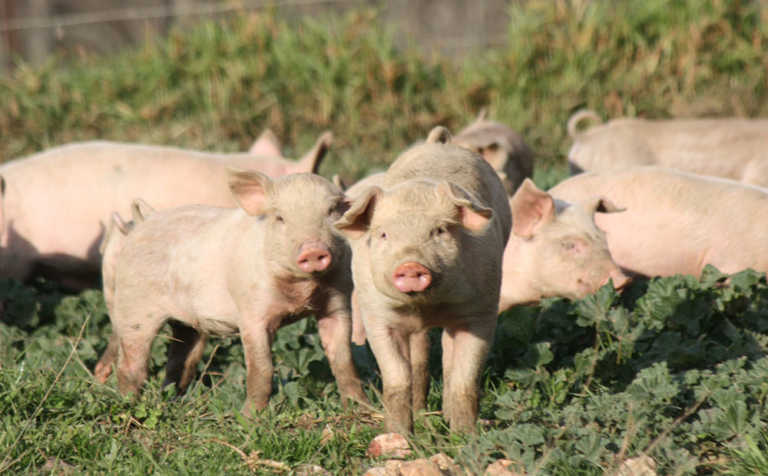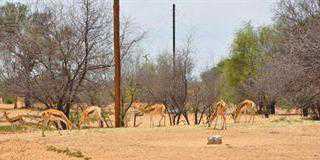
An outbreak of African swine fever (ASF) has been reported in the Springbok area of the Northern Cape, according to a statement by the Department of Agriculture, Forestry and Fisheries (DAFF).
This case fell outside the ASF-controlled area of South Africa, and Northern Cape Provincial Veterinary Services was conducting an investigation, while control measures were also being applied, the statement said.
Speaking to Farmer’s Weekly, Dr Peter Evans, liaison veterinary officer for the South African Pork Producers’ Organisation (SAPPO), said there was no vaccine against ASF.
“It is, however, a disease that needs close contact between pigs to be transmitted, and an uninfected pig needs close contact to bodily fluids, or needs to eat infected material from a dead animal to [contract] it,” Evans said.
Therefore, good biosecurity measures on a pig farm should be effective to curb the spread, he explained.
“Don’t [allow] pigs onto your farm if you don’t know their health status, and don’t [allow] visitors onto your farm if they had contact with other pigs recently. Small outbreaks usually result from people buying pigs at an auction where the health status of pigs is unknown. We suggest that informal farmers or hobbyists form a relationship with a single supplier they trust,” Evans said.
The farm where the mortalities occurred would be quarantined by state veterinarians until blood samples of the herd tested negative for the disease, and the health status of nearby pig operations would also be investigated.
Although the mortality rate of ASF was normally 100%, an infected pig usually only spread the disease to one or two other pigs, he explained.
SAPPO had minimum biosecurity recommendations that were available to the public, Evans said.
African swine fever is a severe haemorrhagic disease, with pigs becoming ill rapidly, and resulting in high mortality rates in a short period of time.
In severe cases high fevers are recorded , while other clinical signs include spontaneous abortion in gestating sows, loss of appetite, depression, difficulty breathing, vomiting, bleeding from the nose or rectum, diarrhoea and redness of the skin of the ears, abdomen and legs, the statement said.












